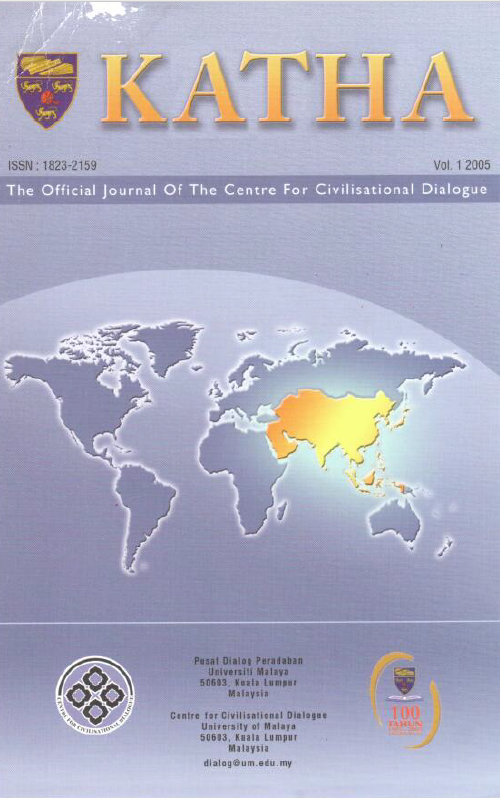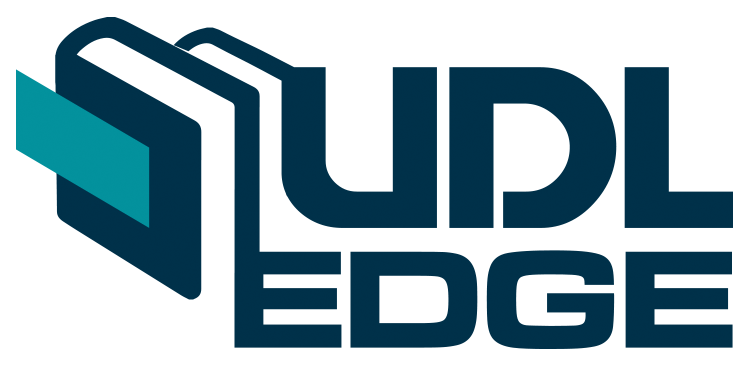Egypt’s Religious and Intellectual Influence on Malay Society
Abstract
From the late 19th and early 20th centuries, first modern Egypt began to emerge as an important contributor to the development of religious and intellectual thought in Malay society, in addition to certain influences coming from Turkey and the Hijaz. One of the earliest aspects of the Egyptian contribution to this development perhaps came as a result of its modernization which was related to its book-publishing industry. The development of the industry began 1822 when Muhammad Ali as part of his modernisation programme requested the setting up of printing press at Bulaq in Cairo. Taking advantage of the facilities available, since the late 19th century, a considerable number of religious books used in Islamic teaching all over the Malay World were published there. One of the earliest and most active publishers to produce such religious books in Malay was Mustafa al-Babi al-Halabi, who founded his publishing house in 1859 near the al-Azhar Mosque. He however, started the venture of publishing Malay books in the late nineteenth century though the efforts of Shaykh Wan Ahmad bin Muhammad Zain al-Fatani. The latter proof-read and annotated that Malay religious books to ensure their correctness and comprehensiveness.
Downloads
Downloads
Published
How to Cite
Issue
Section
License
Articles submitted to the journal should not have been published before in their current or substantially similar form, or be under consideration for publication elsewhere. Authors submitting articles for publication warrant that the work is not an infringement of any existing copyright and will indemnify the publisher against any breach of such warranty. For ease of dissemination and to ensure proper policing of use, papers and contributions become the legal copyright of the publisher unless otherwise agreed. By submitting a manuscript, the author(s) agree that copyright for the article is transferred to the publisher, if and when the manuscript is accepted for publication. However, it can be reprinted with a proper acknowledgment that it was published in KATHA.

This work is licensed under a Creative Commons Attribution-NonCommercial-NoDerivatives 4.0 International License.




